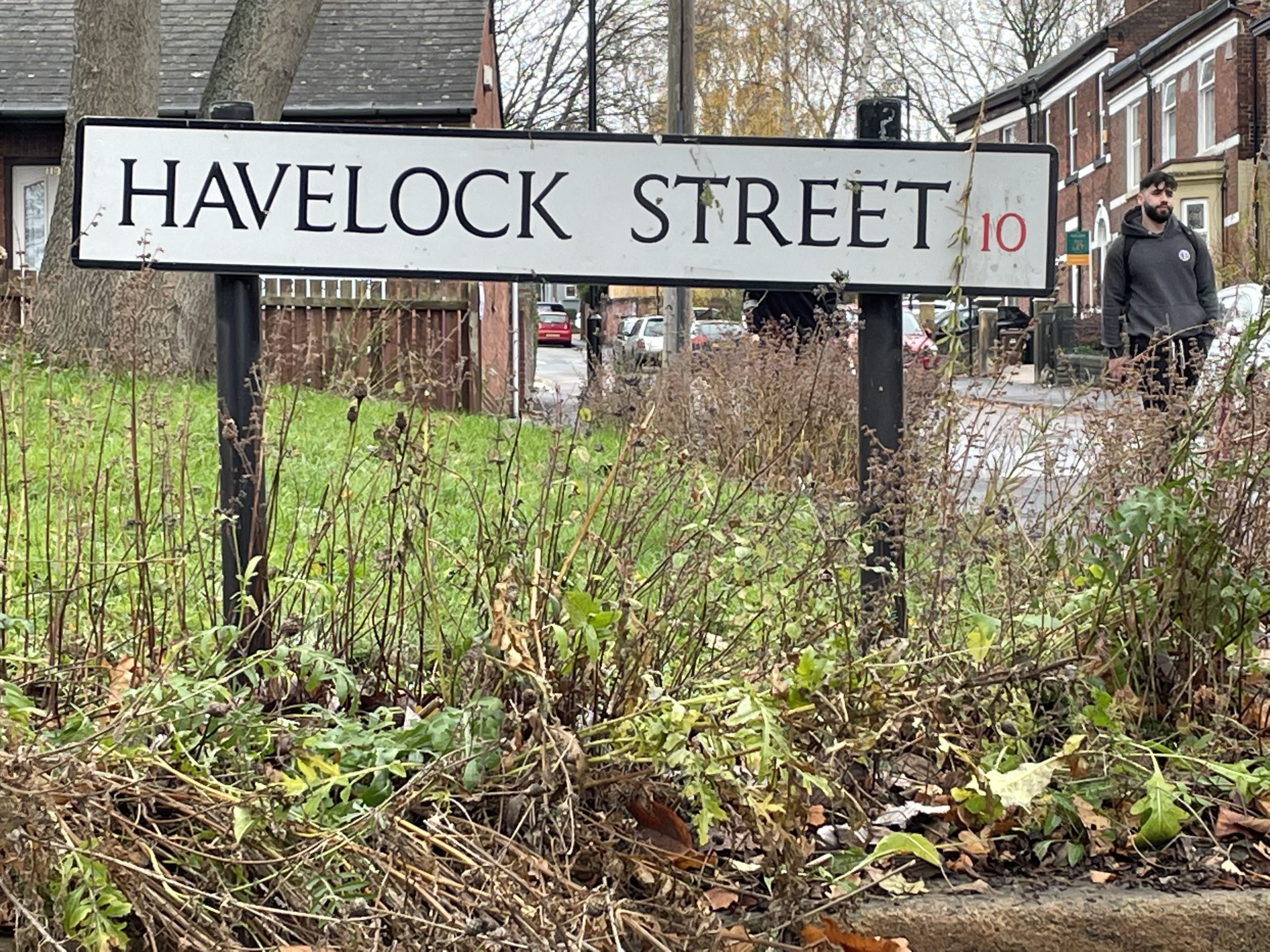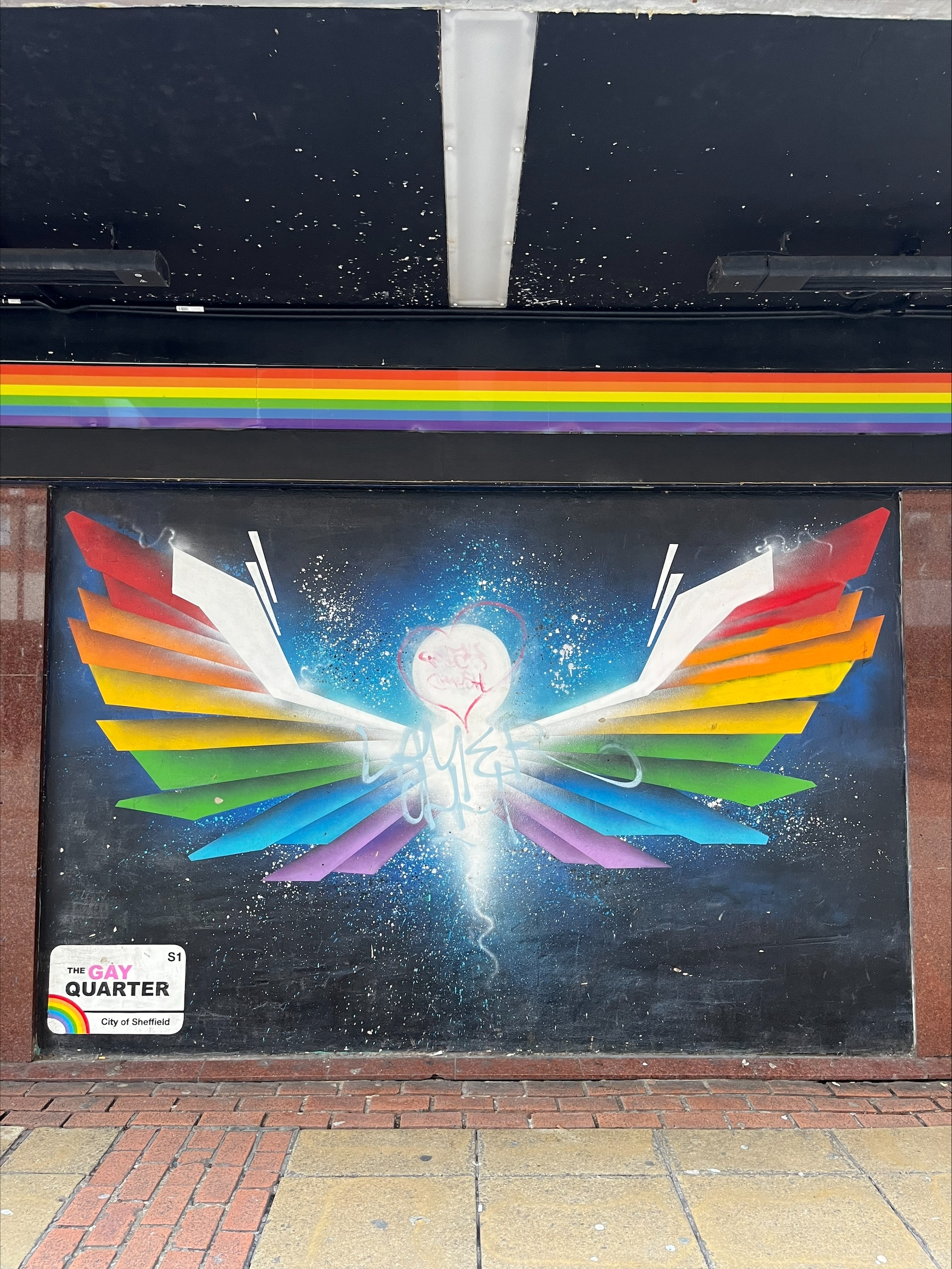This week, it has been announced that street names in Sheffield linked to colonialism and slavery anti-abolitionists will not be removed.
A review has concluded there are various aspects of the city including public art and collections which “perpetuate racist, outdated and uncomfortable messages” but there are no plans to remove them.
The report, which was assembled by Sheffield Council, Sheffield Museums, the University of Sheffield and Sheffield Hallam University revealed that there are numerous streets named after people who were “heavily involved in slavery”.
For example, Gladstone Road is named after the former prime minister whose father, John Gladstone, was one of the world’s biggest slave owners alongside being a Chairman of the West India Association.
Canning Street in Sheffield is named after George Canning, another former prime minister who campaigned against freeing slaves.

Havelock Street is named after the general who commanded British Empire troops in India in the 19th century. He is known for his brutal suppression of the Indian Rebellion of 1857, with 800,000 Indians being killed by British troops.

The report revealed that there is a lack of diversity in the city’s monuments; out of 100 on the council’s register, none were dedicated to a BAME figure. Olympic athlete Dame Jessica Ennis-Hill is the only ethnically diverse individual in Sheffield’s Walk of Fame, which is situated outside the town hall.
The review was conducted after the Black Lives Matter protests of 2020, which erupted as a result of the murder of George Floyd, an African-American man who was murdered by a police office in Minneapolis.
Large protests were held across the United Kingdom, and in Bristol protestors toppled a statue of Edward Colston, a 17th century slave trader. He was a member of the Royal African Company, which transported around 80,000 men, women and children from Africa to the Americas as slaves.

Photo creds: Simon Cobb
Hundreds of them were closely shackled together. They lay in their own filth and between 10 and 20 per cent of them died due to disease, murder and suicide during the voyage to America, which lasted six to eight weeks.
As a result, many within the local community found it upsetting to have a statue of Colston inscribed as a “memorial of one of the most virtuous and wise sons of the city.”
Some noted, however, that upon dying in 1721 he gave his considerable wealth to charitable causes.
The toppling of Colston’s statue led to a nationwide debate over the maintenance of public items with links to such individuals.
Even the Prime Minister’s office weighed in; they said: “The PM absolutely understands the strength of feeling, but in this country we settle our differences democratically and if people wanted the removal of the statue there are democratic routes which can be followed.”
These incidents prompted a review of controversial public items within Sheffield.
A consultation on the findings of the review took place between July and September of this year – it found that the majority of respondents did not want to see any changes to the street names.
In response, a city council spokesman said: “We acknowledge this strong feeling and are not currently intending to change any of the existing street names or remove any statues.”
Councillor Jackie Satur, from Sheffield City Council, spoke to Sheffield Wire saying: “It’s all about finance; we have no money. Over the past 11 years the government has taken millions of pounds away from councils.
“We’re in a bad position because of the Tory government. The money has to be spent on children and young people and the elderly because that’s the need of the people.”

Sheffield Wire also spoke to members of the public, many of whom had diverging views on the issue.
A local resident, who did not wish to be identified, said: “I think it’s too complicated. I don’t agree with the slavery thing but it’s too complicated to erase history, where do you start where do you stop?”
Many people agreed with this line of thinking.
Sutapa Krishna, 40, a spokesperson from spiritual group Krishnawisdom.com said: “You can keep the street names there, but we should reveal to people and make people aware of what these views were and why they became so divisive in the world.
“Removing things from history doesn’t actually help. By keeping it in history but then giving it a perspective of how we can learn and develop from it, I would say that’s a much more progressive approach.”

Others, however, disagreed, claiming that the individuals named on the street signs no longer reflect modern values and should not be so public.
Another Sheffielder, Jodie, 19, said: “If they’re terrible people it should sort of be removed because even though they’re part of the history their foundations were also setting up bad views for the future as well.”
Saffron, 19, and a member of the BAME community said: “I don’t know if it’s a history we want to remember. Choose new names that affect our history for good.”
Like Saffron, many believe that having someone’s name on a street implies that they are worthy of praise. When those people persecuted ethnic minorities, they believe it sends a message that society is willing to disregard traumatic incidents which left a legacy that many minorities still contend with.
Local resident, Trishna, 56, strongly disagreed with the maintenance of the statues. She said: “it’s a sign, it’s not going to cost that much so just get them done.
“This way, they’re showing that they do disagree with slavery and it shouldn’t still be going on.”
The council declared that a Race Equality Commission report will be published in 2022.




